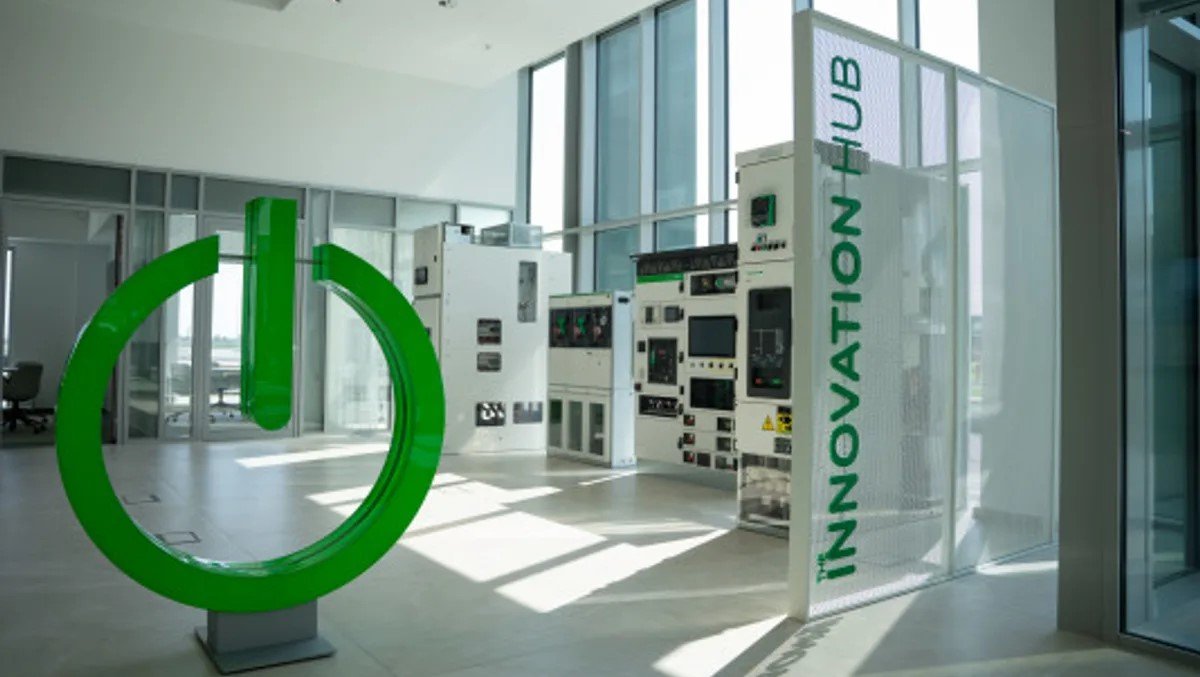Electric  Schneider Electric has announced a multi-year initiative dedicated to building a new kind of integrated ecosystem for sustainability and energy management. At the core of this initiative is Agentic AI.
Schneider Electric has announced a multi-year initiative dedicated to building a new kind of integrated ecosystem for sustainability and energy management. At the core of this initiative is Agentic AI.
By embedding AI agents into adaptive workflows that seamlessly integrate with human experts and enterprise systems, Schneider Electric aims to transform disconnected sustainability efforts into an intelligent ecosystem that continuously optimizes outcomes and drives sustainable impact.
“Our vision is collaborative intelligence – agentic AI that works alongside human experts as a true digital teammate,” explained Steve Wilhite, President of Schneider’s Sustainability Business division. “This technology allows us to create a force multiplier effect where complex data analysis and tasks are automated, freeing our clients to focus on the strategic initiatives and innovations that lead to greater impact – a fundamental shift in how organizations can accelerate on their energy and decarbonization journeys.”
Schneider Electric has appointed Julien Picaud as Head of Product Management to lead this initiative. Picaud comes to Schneider Electric with a background in strategic leadership and product management, and a focus on digital innovation and AI-focused initiatives that enhance business performance and intelligent resource and emissions management. Picaud will spearhead the investment which will reimagine core functionality from the company’s existing software platforms while debuting new features from the recent acquisition of leading sustainability firm EcoAct.
“In specialized fields like energy and sustainability, agentic AI is only as effective as the depth of domain expertise embedded in its design,” said Amy Cravens, Research Director, Sustainability and ESG Software, IDC. “Guided by decades of experience with a team of deep, domain-level consulting expertise, Schneider Electric is creating an agentic AI ecosystem that sets a new standard for sustainability management—equipping organizations to meet increasingly complex challenges. This next generation agentic AI will readily transform information management into actionable systems of the future.”
“Recognizing the energy intensity of AI, we are committed to developing and deploying this investment with a focus on computational efficiency and responsible resource usage. By integrating the principles of frugal AI, we are designing systems that deliver maximum intelligence with minimal resource consumption. This means leveraging leaner models, efficient algorithms, and optimized infrastructure to reduce energy use, emissions, and costs without sacrificing performance.” said Dan Whitsell, CTO and Head of Software Engineering for the Sustainability Business division.



